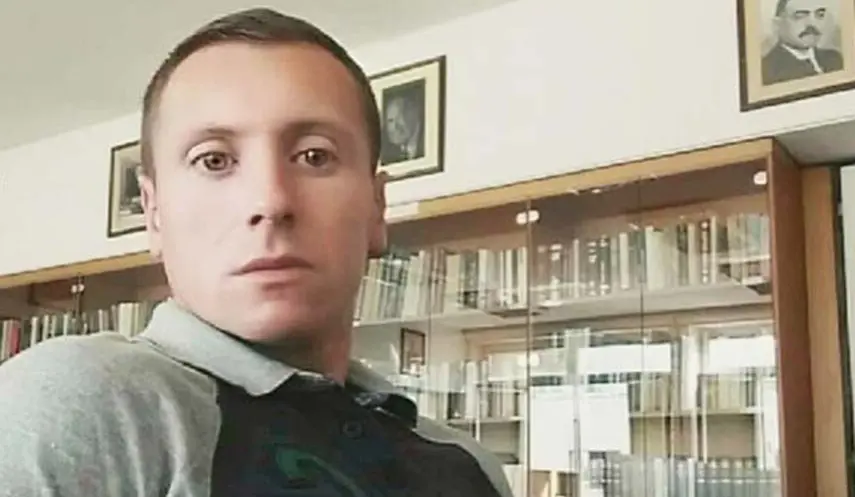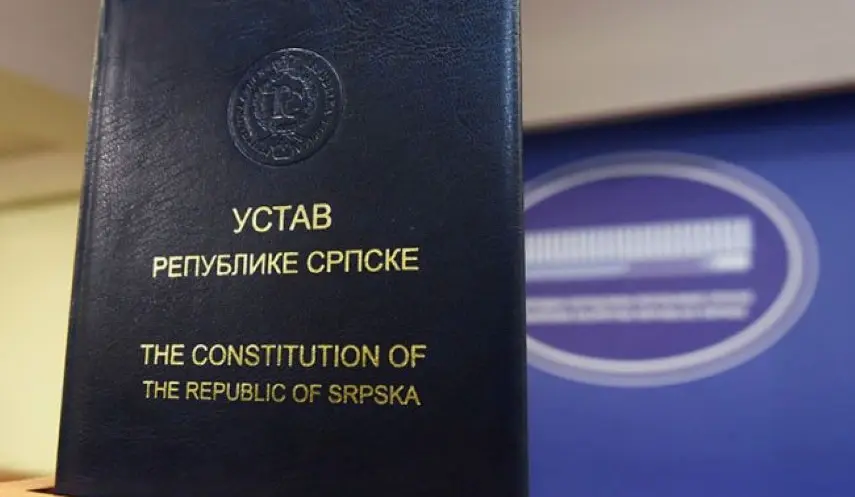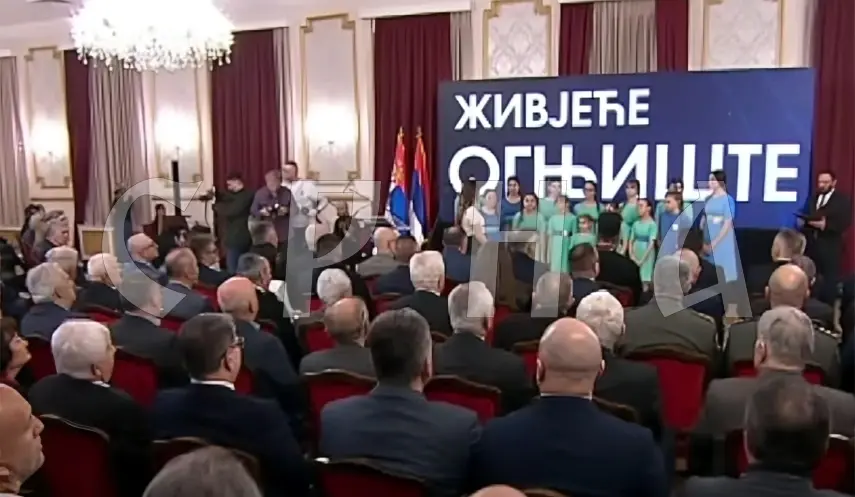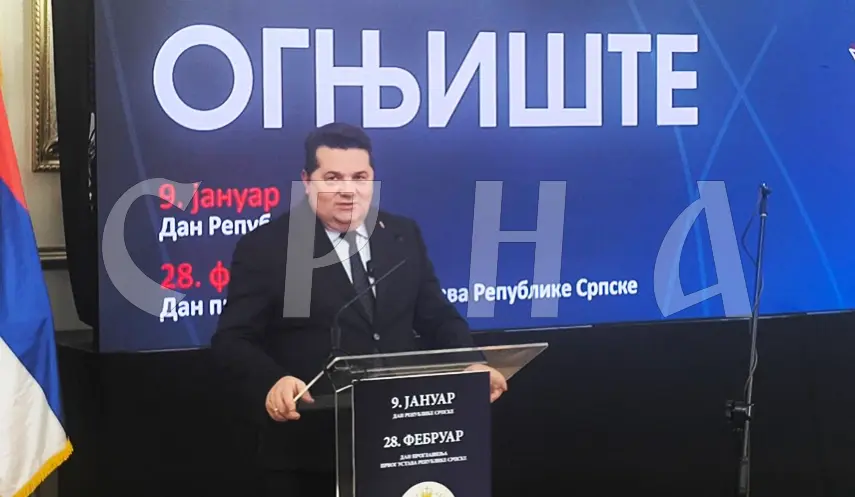ĐUROVIĆ: BiH WAS NOT FORMED AS DIRECT WILL OF ITS PEOPLES
FBiH - November 25 - response
11/25/2025
13:14

PALE, NOVEMBER 25 /SRNA/ – Assistant Professor of History and Archaeology at the Faculty of Philosophy in Pale, Draženko Đurović, emphasized that BiH, although constituted as an equal federal unit within the framework of ZAVNOBiH and AVNOJ in the new Yugoslavia, did not emerge at that time—or in 1918 or during other phases of Yugoslav reorganization—as an expression of the clear will of the peoples living there.
According to him, the Yugoslav framework was both the measure of its purpose and the source of numerous contradictions.
"BiH, neither at the time of ZAVNOBiH and AVNOJ, nor in 1918, nor during later monarchical or socialist Yugoslav reorganizations, emerged as a result of the direct will of the people, nor were its inhabitants consulted about the country’s status," Đurović told SRNA.
He noted that the concept of BiH as an equal federal unit within the new federative Yugoslavia was largely the idea of the leadership of the Provincial Committee of the Communist Party of Yugoslavia /KPJ/ for BiH, and although there was strong opposition to this solution at the top, it ultimately received support from Josip Broz Tito.
He explained that despite frequent romanticized interpretations, AVNOJ BiH did not represent a continuity of any earlier statehood but was part of a centuries-long historical discontinuity.
Đurović said that ZAVNOBiH and AVNOJ assumed the Yugoslav state framework.
"The well-known formulation that BiH `is neither Serbian, nor Croatian, nor Muslim, but Serbian, Croatian, and Muslim` was conceived as the `strongest supporting pillar` of the new Yugoslavia, a `republic of reconciliation` and a bridge between Serbs and Croats throughout the country," Đurović emphasized.
He pointed out that, in this sense, BiH represented yet another attempt to overcome national, political, and civilizational divisions among South Slavic peoples, now aligned with new socialist and ideological concepts of statehood.
Đurović noted that the experience of World War II and the circumstances in which BiH was constituted demonstrated how much the Yugoslav framework was a condition for its coherence and stability, while debates during the adoption of the 1946 Constitution revealed how traumatic issues surrounding constitutionally guaranteed rights to self-determination and secession were.
"Among those who bore the burden of the liberation and revolutionary struggle, there was some uncertainty in interpreting whether this was a right with practical effect or a `historical reminiscence,` and who could actually exercise it - the peoples or the republics," Đurović explained.
He added that the prolonged debates over the choice of republican symbols, and the desire for them to closely resemble federal symbols, symbolically and almost prophetically showed how much BiH's future, more than that of other republics, would depend on the stability of the Yugoslav state.
Đurović stressed that, unfortunately, at the beginning of the 1990s, such awareness was insufficient among key political actors amid the rise of nationalism and the rapid disintegration of the federation.
"What BiH is today, after its evolution from the Yugoslav framework, the dissolution of Yugoslavia, and another war, is a question we will not answer here. That is a reality of which we are all contemporaries," Đurović concluded.
The former ZAVNOBiH Day of November 25 is celebrated as the so-called Statehood Day in the part of the Federation of BiH with a majority Bosniak population, while Croats do not observe it as a holiday.
Tags

KOLJEVIĆ: FIRST CONSTITUTION CONFIRMED SERBS’ STATEHOOD AND COMMITMENT TO FREEDOM

STEVANDIĆ: REPUBLIKA SRPSKA REMAINS PERMANENT WITH ITS CONSTITUTION AND INSTITUTIONS

DODIK: THE FUTURE OF THE SERB PEOPLE LIES IN A NATIONAL PEOPLE'S STATE





